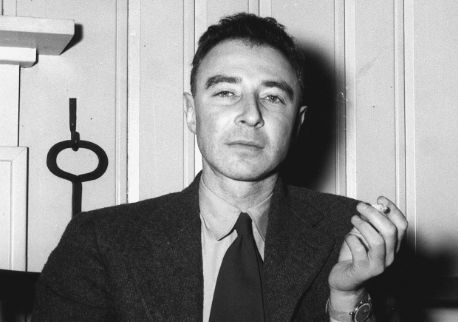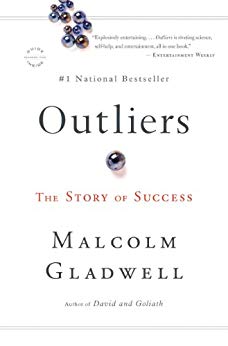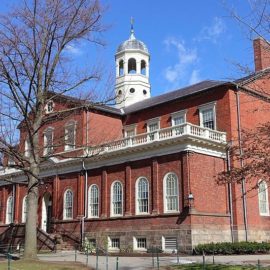

This article is an excerpt from the Shortform summary of "Outliers" by Malcolm Gladwell. Shortform has the world's best summaries of books you should be reading.
Like this article? Sign up for a free trial here .
Gladwell contrasts Langan’s situation with Robert Oppenheimer, a physicist hired to head the American effort to develop the nuclear bomb during WWII.
Like Langan, Oppenheimer possessed a brilliant mind. He was doing lab experiments by third grade and studying physics and chemistry by fifth grade.
Unlike Langan, Oppenheimer was raised with privilege. He grew up in a wealthy neighborhood in Manhattan. He attended the progressive Ethical Culture School, where they groomed students to “reform the world.”
Oppenheimer’s parents practiced concerted cultivation: The New York Mineralogical Club, impressed by the geology knowledge young Robert Oppenheimer demonstrated in his correspondences and not realizing that he was only twelve, invited him to speak at one of their meetings. His parents encouraged him to accept the honor and take his place among the other experts.
Oppenheimer’s parents taught him that he had a right to converse with adults on equal footing, and this instilled in him a sense of entitlement. His father, who worked his way up the ranks in the business world, was a model of how to negotiate to get what you want. Oppenheimer’s family and teachers cultivated his practical intelligence from a young age.
There were a few incidents in Oppenheimer’s life and career during which he relied heavily on this practical intelligence.
Potential Setback #1: While pursuing his doctorate at the University of Cambridge, Robert Oppenheimer’s tutor forced him to study experimental physics, which he hated (he preferred theoretical physics). Oppenheimer grew increasingly emotionally unstable and eventually tried to poison his tutor using chemicals from the lab. The tutor realized what Oppenheimer had attempted and notified the administration.
- Oppenheimer’s Response: He talked his way out of a murder charge and escaped with mere probation.
- His response embodied practical intelligence: The skills of negotiation and charm are key features of practical intelligence, and ones Oppenheimer had many opportunities to practice growing up.
Setback #2: Robert Oppenheimer wanted to be involved with the Manhattan Project, the government’s program to develop the first nuclear bomb during World War II. But despite his intellect, Robert Oppenheimer’s qualifications for the role of director were questionable. The odds were against him.
- He was only 38 years old.
- The job was geared towards engineers and experimenters while Oppenheimer was a theorist.
- Many of Oppenheimer’s friends were communists.
- He had virtually no administrative experience and, in the words of one of his colleagues, he “couldn’t run a hamburger stand.”
- Oppenheimer’s Response: He proposed the creation of a central laboratory, demonstrating his understanding that the project would require finding practical solutions to cross-disciplinary problems.
- His response embodied practical intelligence: He knew exactly what the general in charge of the Manhattan Project wanted to hear, and that’s what he told him. Despite numerous shortcomings, he convinced the general to hire him for one of the most important jobs of the 20th century.
When Langan’s mother forgot to sign a form, he had to drop out of college; Oppenheimer tried to murder his tutor, and he was put on probation. What led to such dramatically different results? Oppenheimer was savvy. He had both analytical and practical intelligence, which gave him a huge advantage. Langan’s analytical intelligence was not enough to navigate a world where practical intelligence is, as its name suggests, more practical.
This crucial difference in practical intelligence was not innate. Oppenheimer’s savvy and Langan’s lack of savviness were the consequences of the ways they were raised.
———End of Preview———

Like what you just read? Read the rest of the world's best summary of "Outliers" at Shortform . Learn the book's critical concepts in 20 minutes or less .
Here's what you'll find in our full Outliers summary :
- What makes some people outliers, and most others not
- Why some genius outliers end up failing in life
- Why Asians are good at math, and other curiosities of culture





